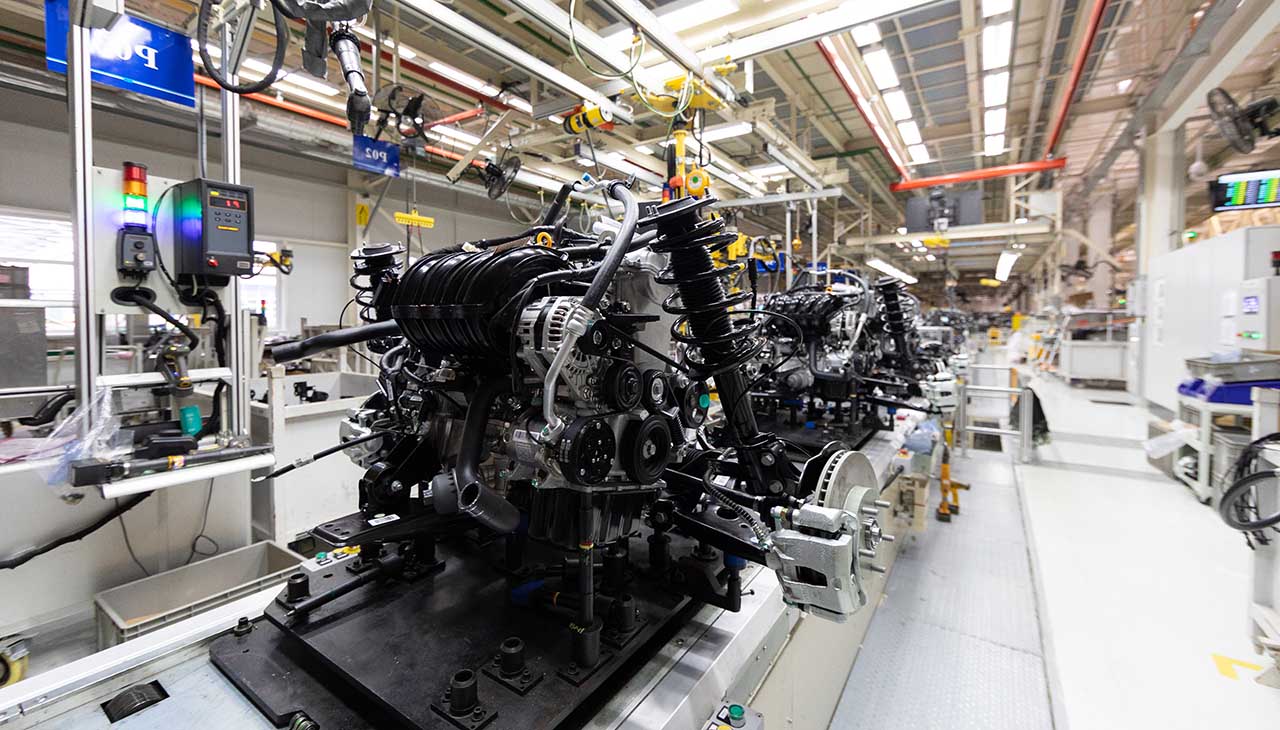The automotive industry is on the cusp of a transformation, driven by a constellation of emerging technologies that promise to revolutionize how vehicles are designed, manufactured, and utilized. Innovations such as autonomous driving, electric powertrains, advanced connectivity, and smart manufacturing processes are leading the charge toward a future where cars are not just modes of transportation but integrated components of a connected ecosystem. This surge in technology adoption not only aims to enhance the driving experience but also addresses pressing global challenges like climate change, urbanization, and the evolving needs of mobility. In this context, understanding the impact and potential of these emerging technologies is essential for stakeholders across the automotive sector.
Electric Vehicles (EVs)
Advancements in Battery Technology
The heart of electric vehicles (EVs) lies in their battery technology, which has seen rapid advancements in recent years. Innovations in lithium-ion batteries, along with the development of solid-state batteries, are promising to extend the range of EVs significantly while reducing charging times. These technological leaps forward are critical in addressing range anxiety among potential EV buyers and are central to the broader adoption of electric vehicles.
Infrastructure Development for EV Charging Stations
Parallel to advancements in battery technology, substantial efforts are being made in the expansion and enhancement of EV charging infrastructure. Governments and private entities worldwide are investing in the deployment of charging stations to ensure comprehensive coverage that spans from urban centers to rural areas. This development not only facilitates increased convenience for EV owners but also signifies the growing commitment to a sustainable automotive ecosystem.
Market Trends and Consumer Adoption
The market for electric vehicles is witnessing an unprecedented surge, propelled by increasing consumer awareness around environmental issues, supportive governmental policies, and advancements in EV technologies. Sales of electric vehicles continue to break records, indicating a significant shift in consumer preferences towards cleaner, more sustainable modes of transportation. This trend is further bolstered by the automotive industry’s commitment to electrification, with major manufacturers announcing plans to expand their EV portfolios and phase out combustion-engine vehicles. The convergence of technological innovation, infrastructural support, and market readiness signals a promising future for electric vehicles in the global automotive landscape.
Autonomous Driving
The development of self-driving cars represents a major leap forward in automotive technology, with the potential to significantly impact safety, convenience, and overall transportation infrastructure. Autonomous vehicles (AVs) utilize advanced sensors, cameras, artificial intelligence, and machine learning to navigate roads, recognize traffic patterns, and make decisions, potentially reducing human error which is a leading cause of road accidents. This could herald a new era of road safety, where the frequency and severity of accidents significantly decrease.
Additionally, autonomous driving promises to revolutionize the convenience of commuting, offering individuals the ability to work, relax, or socialize during their daily commutes. This technology could also provide unprecedented mobility for those unable to drive due to physical limitations or age, thus fostering a more inclusive mobility solution.
On the infrastructure front, AVs could necessitate substantial changes in road designs, traffic management systems, and urban planning to accommodate and optimize the technology’s unique capabilities. This could include dedicated lanes for autonomous vehicles, revised traffic signal systems, and new parking structure designs.
However, the ascent of autonomous driving is not without its challenges. Regulatory obstacles loom large, as lawmakers grapple with establishing legal frameworks that ensure public safety without stifling innovation. The absence of comprehensive and standardized regulations across different jurisdictions further complicates the deployment of AVs on a global scale.
Ethical considerations also present a formidable challenge, particularly concerning decision-making algorithms in critical situations. The need to program moral and ethical decisions into machines raises complex questions about accountability and ethics in artificial intelligence, issues that society must address as these technologies continue to evolve.
In conclusion, while autonomous driving offers exciting possibilities, it also poses significant challenges that require careful deliberation among technologists, policymakers, and ethicists alike.
Connected Cars
Integration of IoT Technologies
The rise of the Internet of Things (IoT) is set to profoundly impact the automotive industry, particularly in enhancing vehicle connectivity features. IoT technologies enable connected cars to efficiently communicate with the external environment, including other vehicles, road infrastructure, and cloud services. This leap in connectivity is facilitated through advanced sensors and onboard devices that collect and transmit data, offering a wealth of information that can be used to improve vehicle performance, safety, and the driver experience.
Enhanced Vehicle-to-Vehicle (V2V) and Vehicle-to-Infrastructure (V2I) Communication
One of the most promising aspects of connected cars is the capability for enhanced Vehicle-to-Vehicle (V2V) and Vehicle-to-Infrastructure (V2I) communication. V2V communication allows cars to share information about their speed, direction of travel, and any potential hazards, effectively enabling vehicles to “see” around corners and through obstacles. Similarly, V2I communication connects vehicles with traffic signals, road signs, and other infrastructure components to provide drivers with real-time information about traffic conditions, road works, and parking availability. These technologies not only promise to make driving safer but also more efficient, potentially reducing traffic congestion and improving fuel efficiency.
Data Security and Privacy Concerns
However, the integration of IoT technologies and the subsequent increase in data exchange raise significant data security and privacy concerns. The vast amount of data generated and collected by connected cars can include sensitive information, making it a target for cyberattacks. Protecting this data from unauthorized access and ensuring the privacy of individuals is paramount. Automotive manufacturers and technology providers are thus investing heavily in cybersecurity measures to safeguard against hacks and data breaches. Additionally, there is an ongoing dialogue among stakeholders regarding the development of robust regulatory frameworks that address data protection in the context of connected vehicles, aiming to build consumer trust and facilitate the widespread adoption of these technologies.


